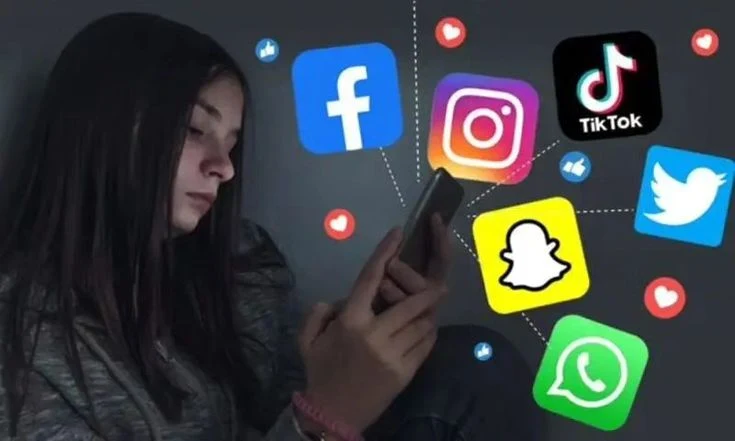The Effects of Social Media on Youth Today
Social media has become an integral part of daily life for many young people across the globe. Platforms such as Facebook, Instagram, TikTok, Snapchat, and X (formerly Twitter) offer a space for communication, entertainment, and self-expression. While social media has revolutionized the way youth connect and interact, it also has profound effects—both positive and negative—on their mental, emotional, and social well-being. In this article, we explore how social media influences the youth today.
Positive Effects of Social Media on Youth
1. Enhanced Communication and Connectivity
Social media enables young people to communicate with friends and family, regardless of geographical barriers. It fosters relationships and strengthens bonds by allowing instant messaging, video calls, and group interactions.
2. Educational Opportunities
Many youth use social media platforms for learning purposes. Websites like YouTube, LinkedIn Learning, and even Instagram offer educational content ranging from academic subjects to practical life skills.
3. Self-Expression and Creativity
Social media provides a platform for youth to express their thoughts, ideas, and artistic skills. TikTok and Instagram, for example, allow users to share creative content, such as music, art, and photography.
4. Awareness and Advocacy
Youth today are more informed about global issues due to social media. They engage in activism, advocate for causes, and spread awareness about social, environmental, and political matters through digital campaigns.
5. Career and Networking Opportunities
Social media platforms, such as LinkedIn, help young professionals connect with mentors, seek job opportunities, and build their careers. Influencer marketing has also become a viable career path for many.
Negative Effects of Social Media on Youth
1. Mental Health Concerns
Studies have linked excessive social media use to anxiety, depression, and low self-esteem. The pressure to maintain a perfect online image can lead to comparison and self-doubt among young users.
2. Cyberbullying and Harassment
Online harassment and cyberbullying are serious concerns. Many youth experience negative interactions, which can have long-term emotional and psychological effects.
3. Addiction and Time Management Issues
Social media can be addictive, leading to excessive screen time. Many young people struggle with balancing online activities with school, work, and physical social interactions.
4. Misinformation and Fake News
Youth often encounter misinformation and fake news on social media. This can lead to misunderstandings, fear, and poor decision-making, as they may be exposed to misleading content.
5. Privacy and Security Risks
Sharing personal information on social media can expose youth to privacy threats, such as identity theft, data breaches, and online predators.
Finding a Healthy Balance
While social media has both positive and negative effects, it is essential to find a balance. Here are some ways to ensure healthy social media use:
Limit screen time to avoid overuse and addiction.
Follow credible sources to prevent falling victim to misinformation.
Be mindful of online interactions to reduce exposure to cyberbullying.
Engage in offline activities, such as reading, sports, and socializing in person.
Practice digital detox, taking breaks from social media to focus on mental well-being.
Conclusion
Social media is a powerful tool that shapes the lives of youth today. While it offers numerous benefits, it also presents significant challenges that require careful navigation. By promoting responsible and mindful social media use, young people can maximize its advantages while safeguarding their mental and emotional well-being. The key lies in moderation, awareness, and responsible engagement in the digital world.



Thanks for sharing
ReplyDelete